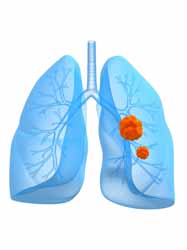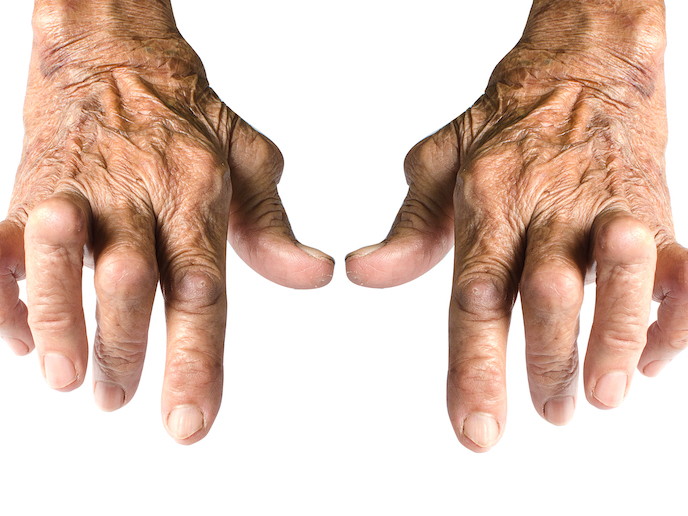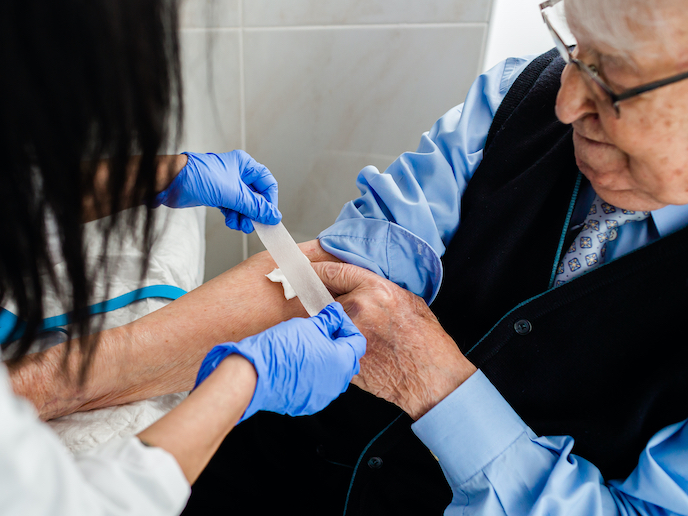Early cancer detection
Two million people are diagnosed each year with lung cancer. It is the second most frequently diagnosed cancer and it causes the highest death rate (30 %) amongst all cancers. This is due to the inability to detect this cancer early — patients are usually diagnosed in the late stages of the disease when symptoms start to appear. There is no routine screening test for lung cancer at a stage when the disease is still asymptomatic, thus creating an important unmet medical need. The EU-funded 'Bardiag - Biomarker tests for early cancer detection' (BARDIAG) project will develop blood tests for the early detection of colorectal and lung cancers based on cancer-specific BARD1 isoforms. The proposed tests analyse BARD1 isoforms at two levels: the expression of isoform-specific RNA in circulating tumour cells (CTCs), and the presence of isoform-specific autoantibodies in serum. After establishing the assays for the detection of isoforms, the consortium will perform validation using clinical samples. Crucial project work involved the development of CTC isolation capability, and detection and analyses of BARD1 RNA-based isoforms. BARDIAG successfully detected and analysed different BARD1 isoforms in 10 CTCs per 10 ml of blood. This development will allow researchers to proceed with the analysis of cancer samples. A first round of antibody-based tests was performed on a total of 129 cancer samples, including 99 lung cancers, 10 colorectal cancers and 60 control samples. This assay is undergoing optimisation for the next stage of tests on 500 samples. Project results have the potential to dramatically improve cancer survival through the introduction of broadly available non-invasive methods for the early detection of colorectal and lung cancers.







